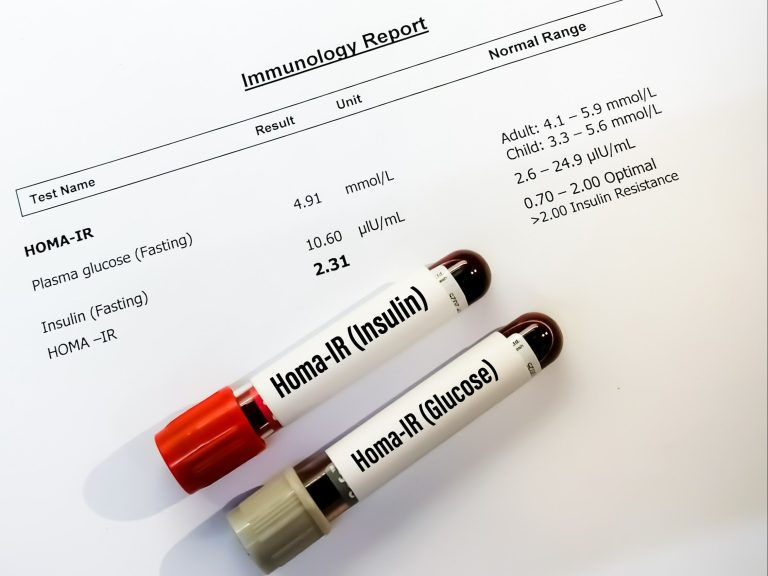WHO on hypertension: most heart attacks and strokes in the world are preventable

Arterial hypertension is considered a lifestyle disease, but many people still do not know that they are sick. WHO provides alarming data.
Arterial hypertension is a constant increase in blood pressure. This disease is called a “silent killer” because it may not show any characteristic symptoms for many years. Therefore, if blood pressure is not checked regularly, it may only be detected when complications occur. High blood pressure can lead to stroke, heart attack, heart failure, kidney damage and many other health problems. However, the World Health Organization warns that most patients are not aware of their condition at all. Therefore, it is worth recalling that there are new blood pressure standards. Be sure to also check how to properly measure blood pressure.
WHO report on hypertension
The World Health Organization has published its first report on hypertension. It also provides recommendations for prevention. It turns out that nearly 4 out of 5 people with hypertension are not properly treated. Moreover, the number of people with hypertension doubled between 1990 and 2019, from 650 million to 1.3 billion.
Data show that 1 in 3 adults worldwide suffer from hypertension. Despite the frequent occurrence of this disease, more than half of people are unaware of their health condition. “Hypertension can be effectively controlled with simple, cheap medicines, yet only one in five people with hypertension manages to control it,” said Dr. Tedros Adhanom Ghebreyesus, Director-General of WHO.
Early detection of hypertension as a priority
The World Health Organization draws attention to how extremely important it is to detect hypertension early. WHO also emphasizes that such activities should be treated as a priority by countries as part of the national package of health services offered at the primary health care level.
“Hypertension control programs continue to be neglected, not prioritized and are largely underfunded. Strengthening hypertension control must be part of every country’s move towards universal health coverage based on well-functioning, equitable and resilient health systems, built on a foundation of primary health care,” noted Dr. Tedros Adhanom Ghebreyesus, Director-General of WHO.
Preventing the negative effects of high blood pressure
The World Health Organization emphasizes the importance of implementing effective treatment for patients suffering from hypertension. It should be at the level observed in countries achieving good results in this respect. According to WHO, thanks to such actions by 2050 it would be possible to prevent:
-
76 million deaths,
-
120 million strokes,
-
79 million heart attacks,
-
17 million cases of heart failure.
“Most heart attacks and strokes worldwide are now preventable with affordable, safe and accessible medications and other interventions such as sodium reduction. Treating hypertension in primary care will save lives and at the same time save billions of dollars annually,” said Michael R. Bloomberg, WHO Global Ambassador for Non-Communicable Diseases and Injuries.
Effective hypertension care according to WHO recommendations should include the following elements:
-
practical treatment protocols tailored to dose and drug, including detailed steps,
-
supply of medicines and equipment,
-
team-based care (physicians working together to adapt and intensify blood pressure treatment regimens),
-
patient centered services
-
information systems (facilitating the quick recording of necessary data at the patient level).






